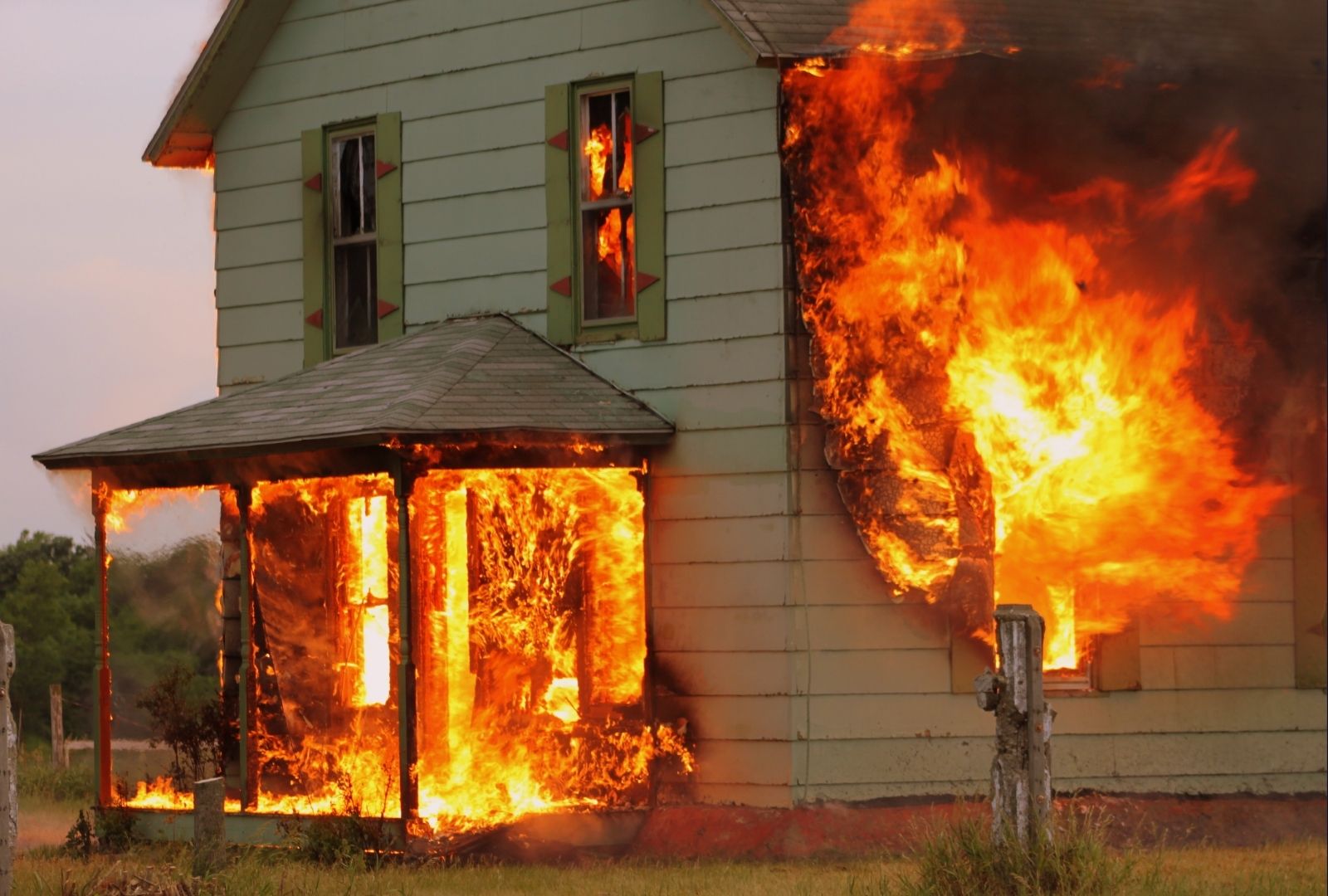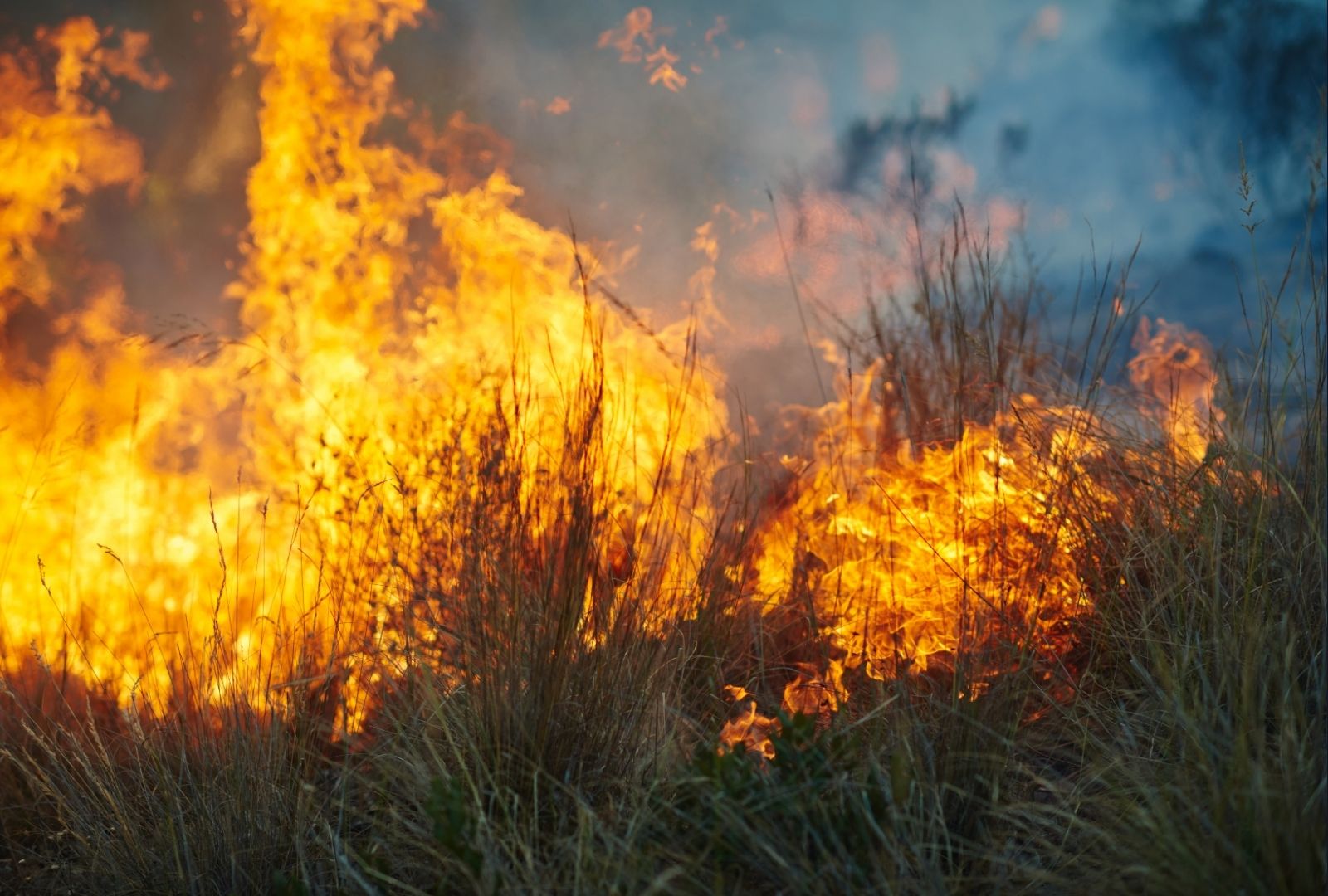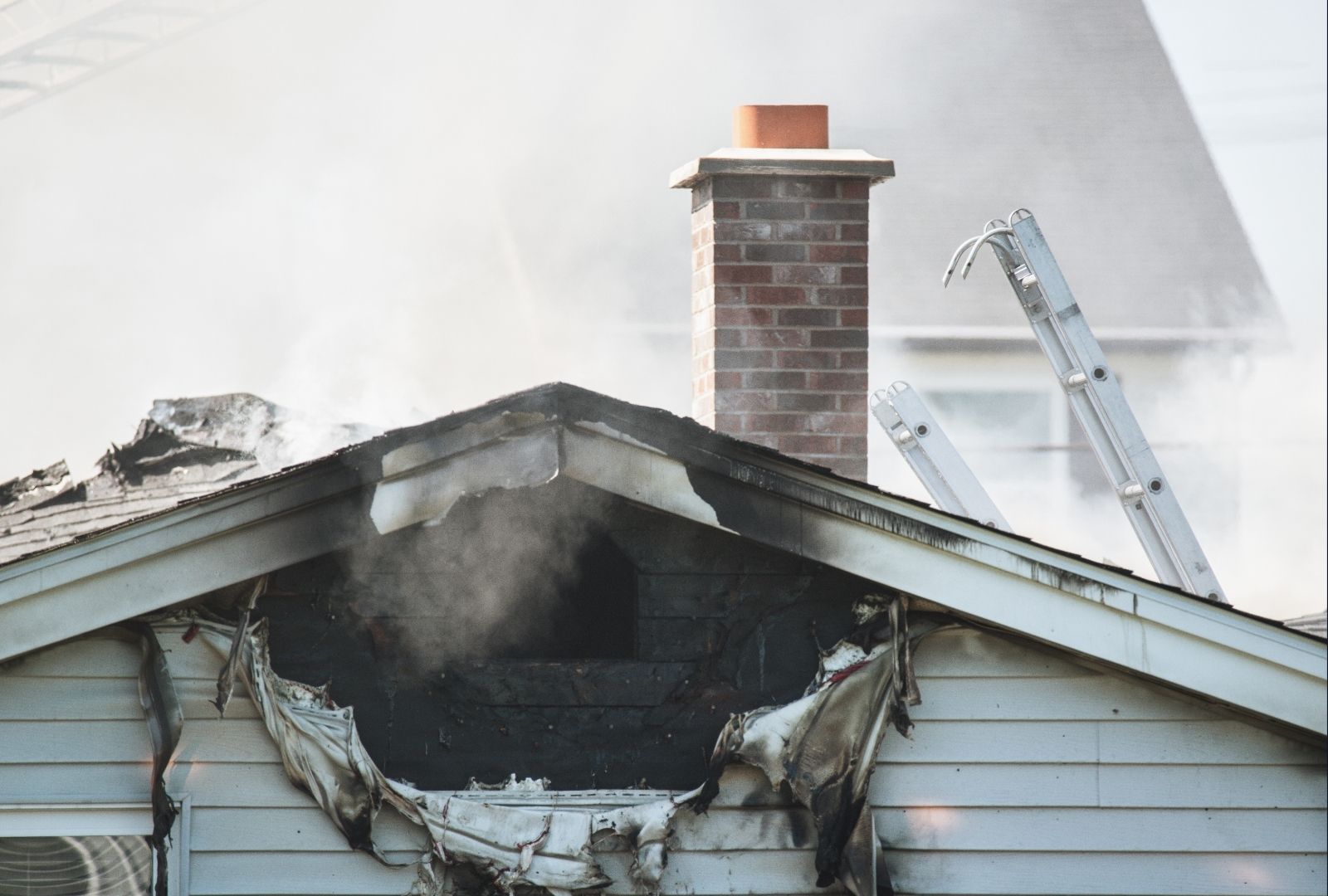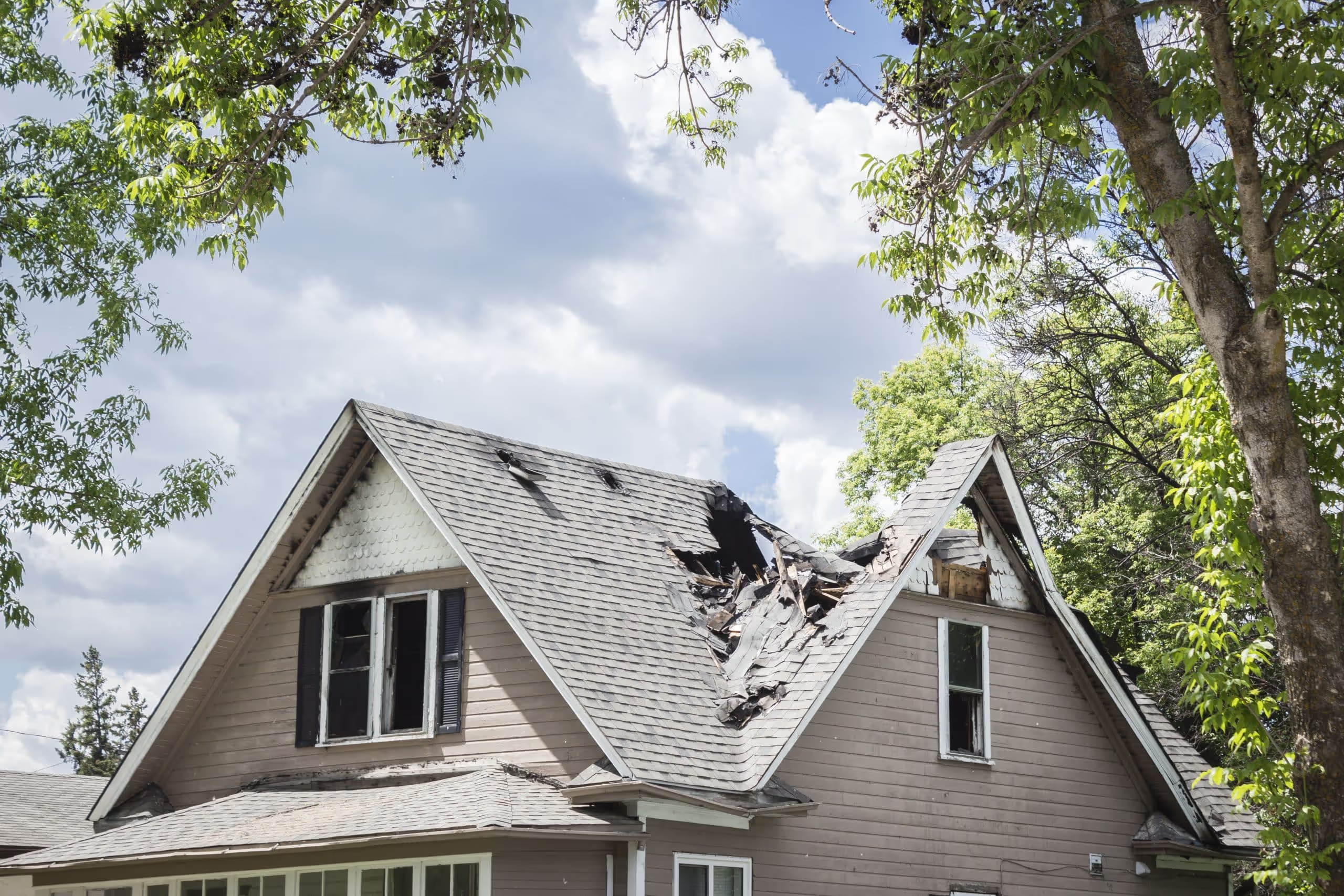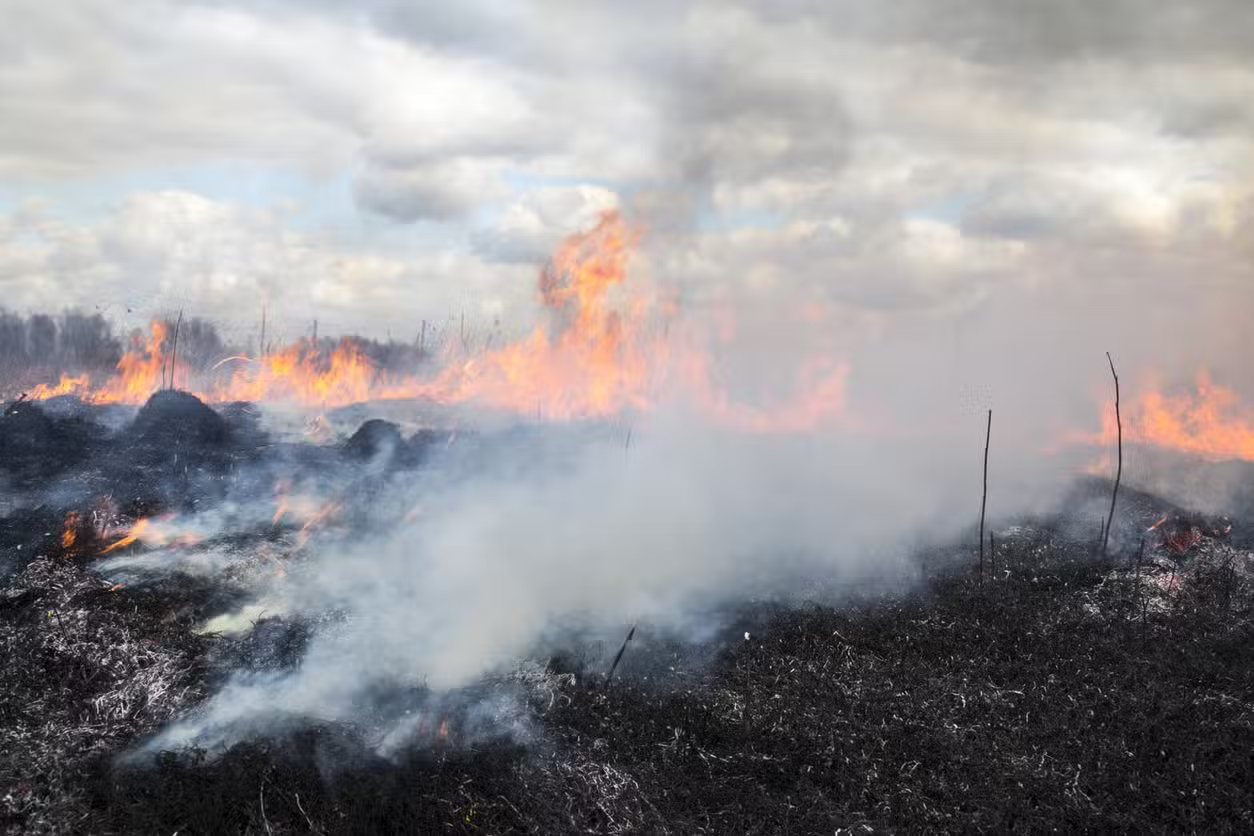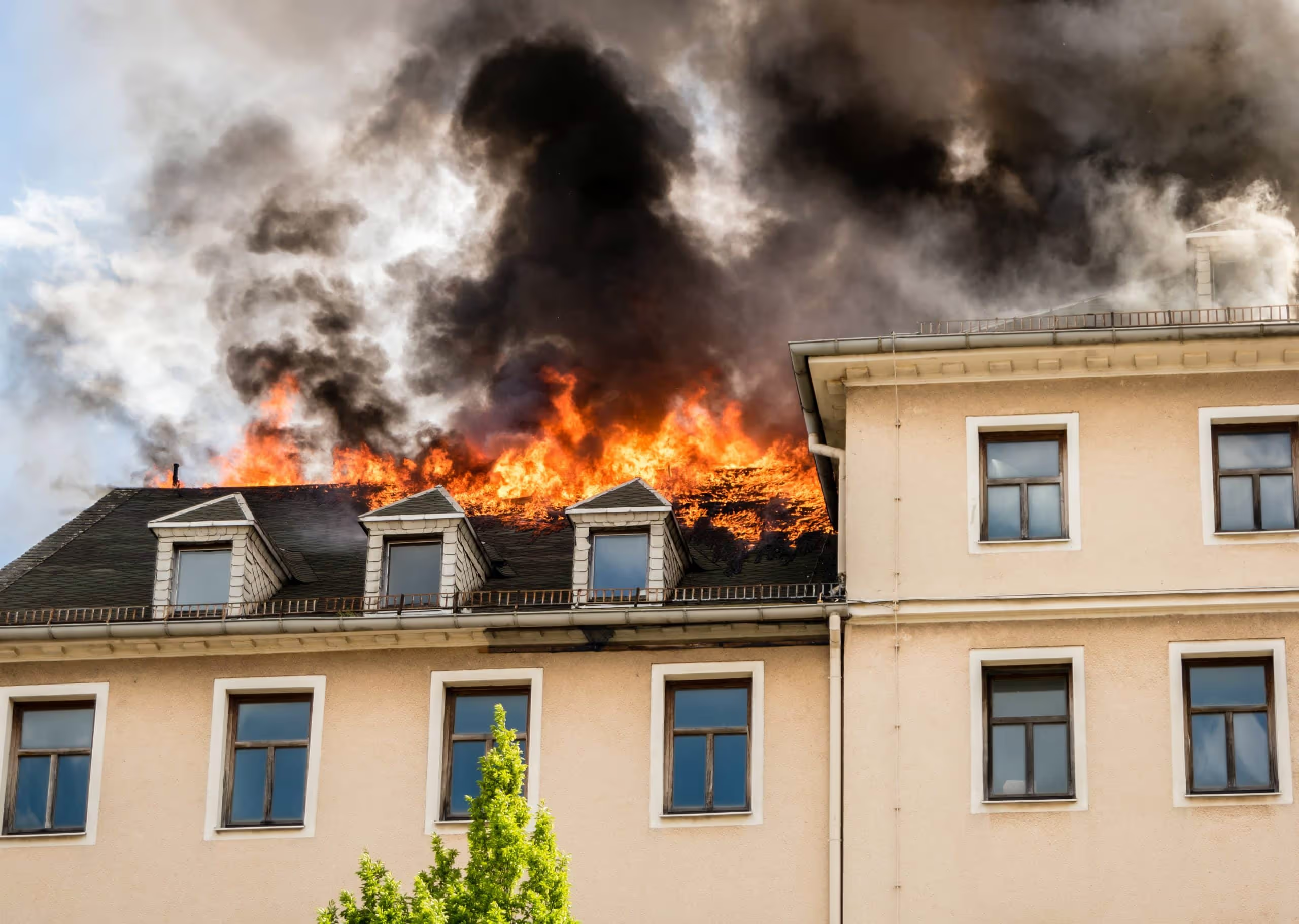Understanding how fire damage claim settlements work can make a substantial difference in what you recover after a loss. From knowing what to expect in terms of payout to negotiating fair compensation, homeowners and business owners alike must be prepared to advocate for their rights.
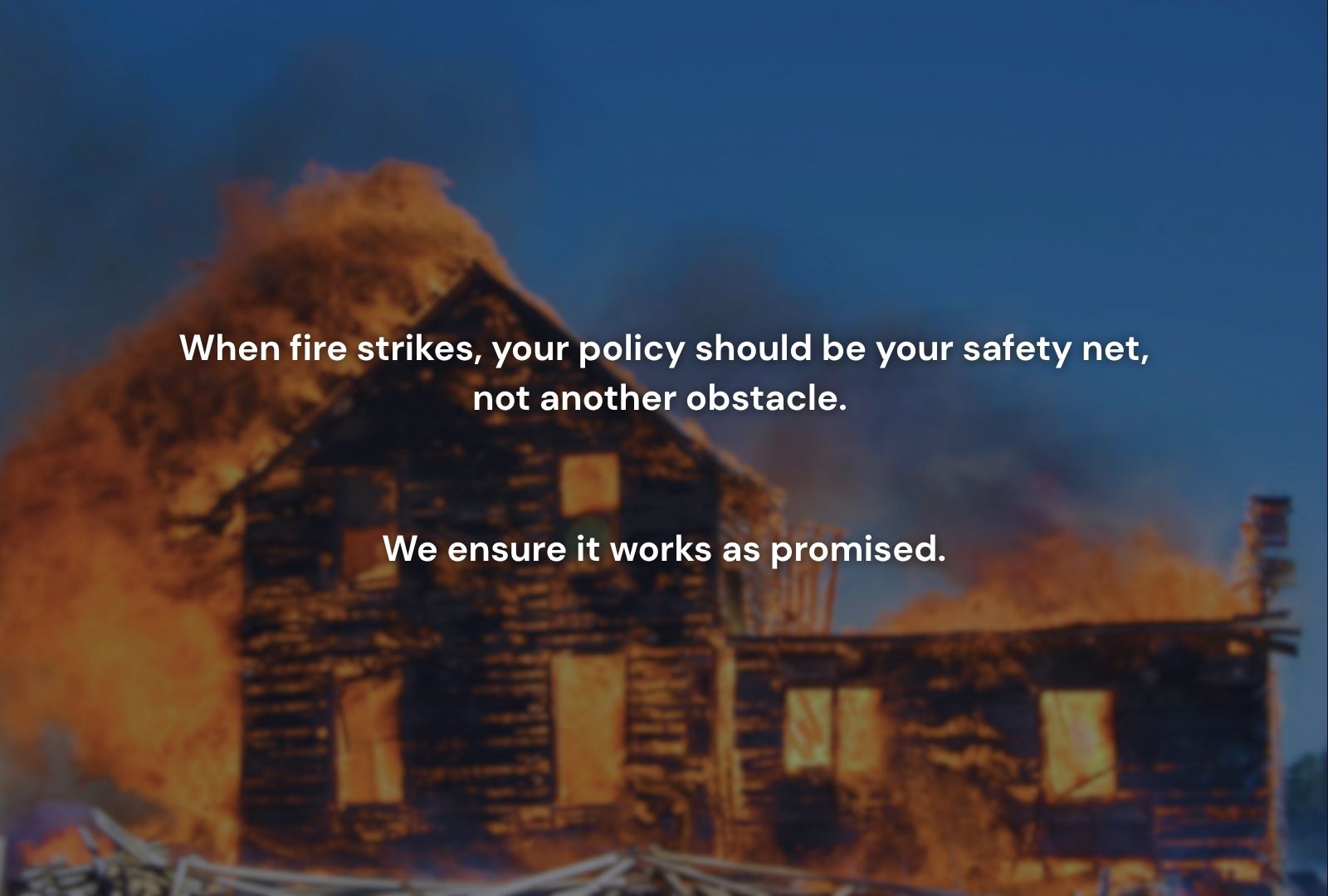
If your insurance provider is offering a low settlement or delaying the process, working with a fire damage attorney may help you maximize your claim and enforce policy obligations.
What’s the Average Payout for a Fire Damage Claim?
The average fire damage insurance payout in the U.S. is approximately $78,000 for residential properties, but that figure can vary widely based on:
- The extent of structural damage
- Value of destroyed personal property
- Additional living expenses (ALE) incurred during displacement
- Cause of the fire and policy exclusions
For total losses, settlements often reach into six figures. Commercial claims may be even higher due to equipment and inventory losses.
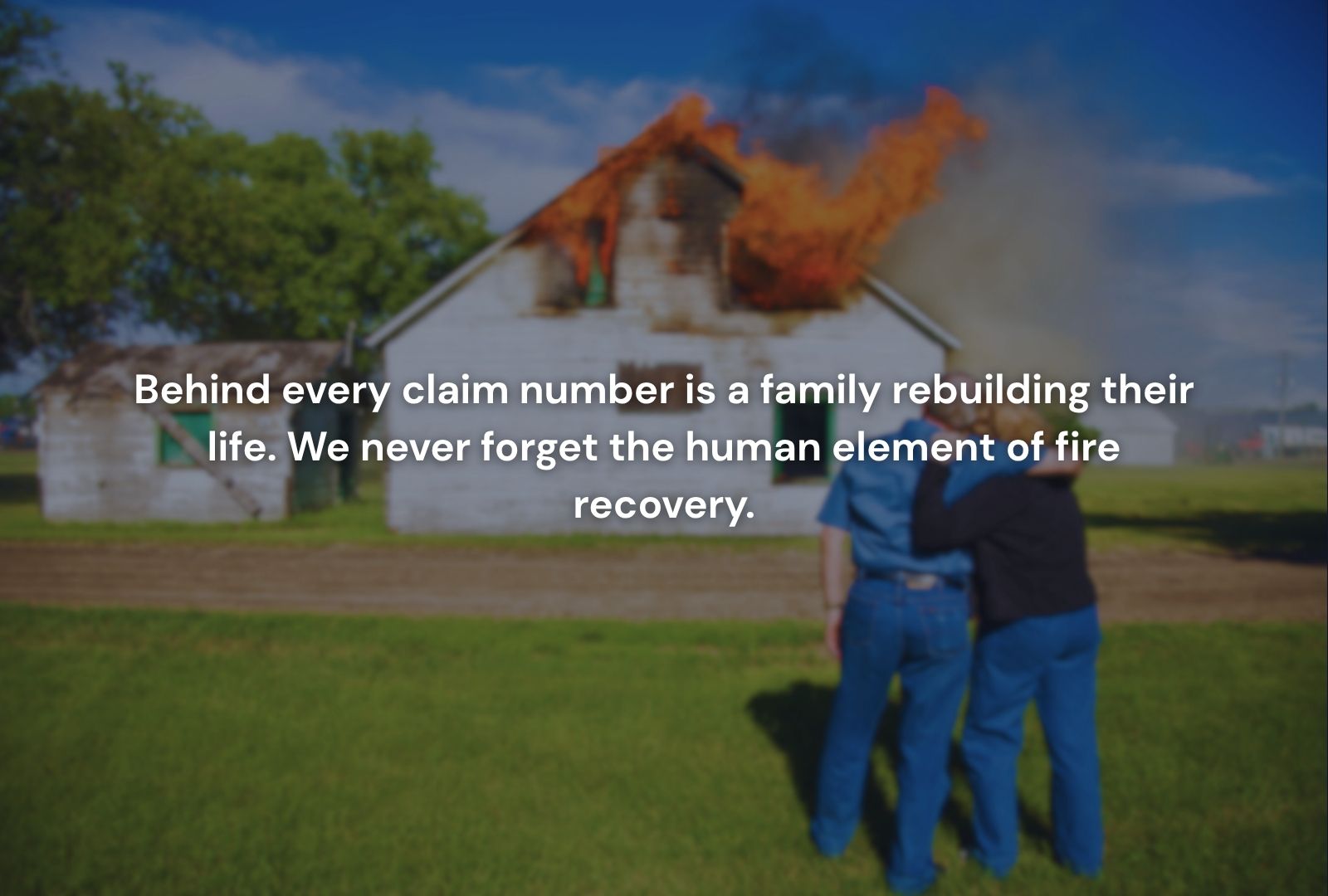
How Insurers Calculate Your Fire Damage Settlement
Insurance adjusters assess multiple components when determining your payout:
- Structure: Estimated cost to repair or rebuild your home or business.
- Personal belongings: Replacement cost or actual cash value (depending on your policy).
- Loss of use: Temporary housing, meals, clothing, and related costs.
- Additional endorsements: For high-value items like electronics, jewelry, or artwork.
Your payout depends heavily on whether your policy is based on replacement cost value (RCV) or actual cash value (ACV). RCV covers full replacement, while ACV deducts for depreciation.
Key Documentation to Support a Strong Settlement
The strength of your claim lies in your evidence. Before any cleanup or restoration begins:
- Photograph all fire, smoke, and water damage thoroughly
- Create a room-by-room inventory of affected items
- Include purchase dates, costs, and receipts if available
- Retain estimates from licensed contractors for structural repairs
Submit this information in writing and keep detailed records of all communication with your insurer.
How to Negotiate a Better Settlement
If your insurer’s offer seems low, don’t hesitate to push back. Consider these tactics:
- Request a detailed breakdown of how the settlement was calculated. This can reveal discrepancies or missed items.
- Provide independent estimates from contractors or restoration experts.
- Challenge depreciation amounts on big-ticket items if they seem unreasonable.
- Hire a public adjuster to assess the damage and represent your interests.
- Consider legal counsel if the insurer won’t negotiate fairly.
Document all negotiation efforts and get everything in writing.
What to Do if Your Settlement Is Delayed
Delays can occur for several reasons: disputes over cause, missing documentation, or slow internal processing. Most states require insurers to settle claims within 30 to 60 days after all documentation is received. If that deadline passes:
- File a complaint with your state’s department of insurance
- Escalate your claim within the insurance company
- Retain legal counsel to pursue a bad faith claim if necessary
Topics That Complement Your Settlement Strategy
To fully prepare for your settlement process, also review:
- Fire damage insurance claims: Learn how to file and manage claims effectively.
- Smoke damage claims: Understand how smoke can affect walls, furniture, HVAC systems, and payout values.
- Fire damage restoration: See how cleanup, repair, and reconstruction timelines influence your settlement.
Understanding these areas allows you to present a complete and compelling case for compensation.
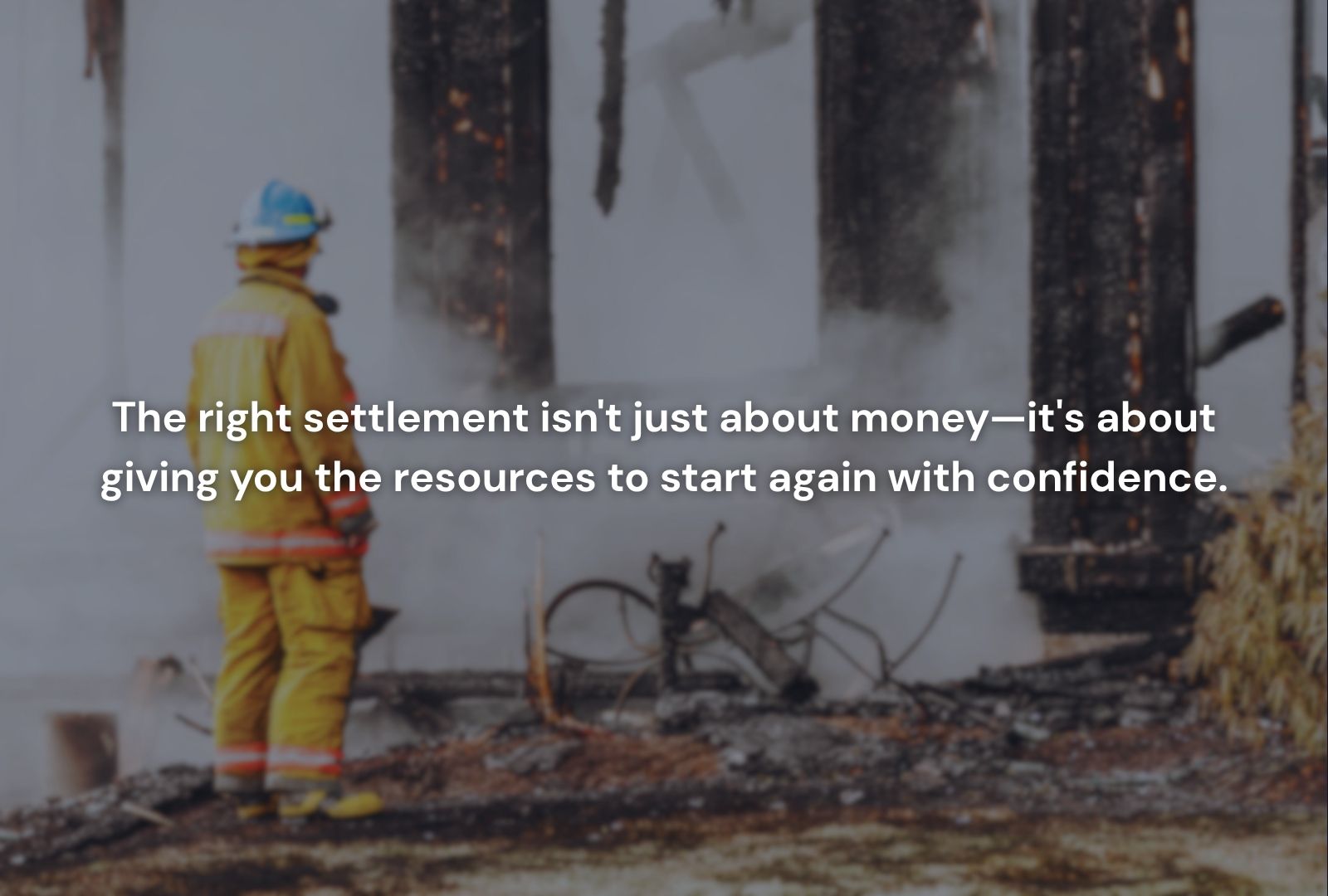
Conclusion
Fire damage claim settlements vary widely based on the scope of loss and the strength of your documentation. With a proactive approach, supported by accurate evidence and firm negotiation, you can avoid being underpaid. Know your policy, stand your ground, and don’t hesitate to seek legal support if your insurer fails to act in good faith.


